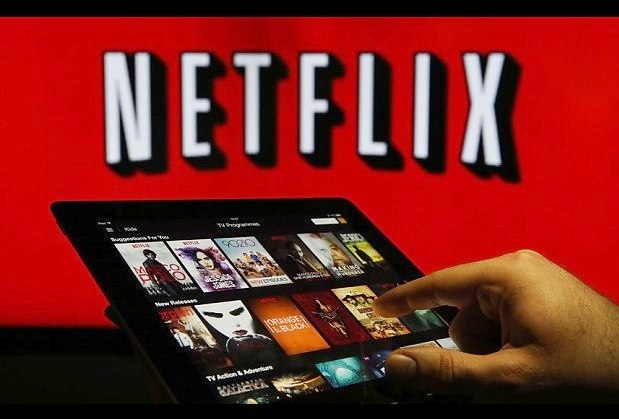Lees-top 10: Lessen in innovatie van Netflix

1. How executives can help sustain value creation for the long term
Companies create more shareholder value when executives and directors concentrate on long-term results. A new report highlights behaviors that allow them to maintain a long-term orientation.
2. Recognising the Red Flags of Workplace Mental Health
Organisations have a responsibility towards their staff. The expression mens sana in corpore sano, usually translated as “a healthy mind in a healthy body”, is truer than ever during this pandemic. In particular, prolonged confinement and reduced socialisation have brought mental health issues to the fore.
3. Leaders Need to Harness Aristotle’s 3 Types of Knowledge
If you’re working to improve your leadership capability, what exactly should you be trying to develop? The experience of the 2020 pandemic offers a powerful lesson: A critical skill a leader must bring to the table is the ability to figure out what kind of thinking is required to address a given challenge.
4. Making strategic planning relevant in an uncertain world
A global economic shutdown, unemployment rates rising fivefold in two months, unprecedented government economic stimulus, budgets trashed, earnings guidance withdrawn. How can strategy still be relevant in such an uncertain and volatile world?
5. 5 morale-boosting strategies to try right now
It’s easy to think that peak performance automatically equals high morale. It doesn’t. Here’s how to make sure you have both.

6. How Netflix Finds Innovation on the Edge of Chaos
In recent times, rapid market and technological changes have taxed the creative capacities of even the most resourceful firms. Netflix is one of an elite few that have surfed each unexpected wave successfully, turning turbulence into disruptive advantage.
7. Ethics in action: Confidentiality within the organisation
The modern workplace can be an ethical minefield. This monthly column helps you tackle the thorny, but very real, challenges that management accountants face in the workplace. Written by the CIMA professional standards team and based on realistic situations, the following is a practical guide to using the CIMA Code of Ethics to guide good decision-making.
8. Put Your Metrics Where Your Mouth Is
You’ve no doubt heard the saying “what gets measured gets managed.” And it’s true. Why? Because what gets measured, gets noticed. CEOs and other executives respond to what boards and shareholders notice. You can see this in the mining industry where levels of safety are measured, highlighted by boards and trumpeted, when good, by CEOs. Measuring something raises its profile.
9. Why XBRL Should Be on Your Radar
As the use of XBRL expands, staying up-to-date with frameworks and guidelines issued by regulators is key to increasing accuracy.
10. CFOs look to embed agile processes
An important pre-requisite for business survival in response to the radical changes that have been thrust upon us over the past few months. A KPMG poll of 1,300 CEOs last year found that 67 percent agreed that ‘acting with agility is the new currency of business; if we’re too slow, we will be bankrupt’. It seems a safe bet that this percentage would be even higher today.











